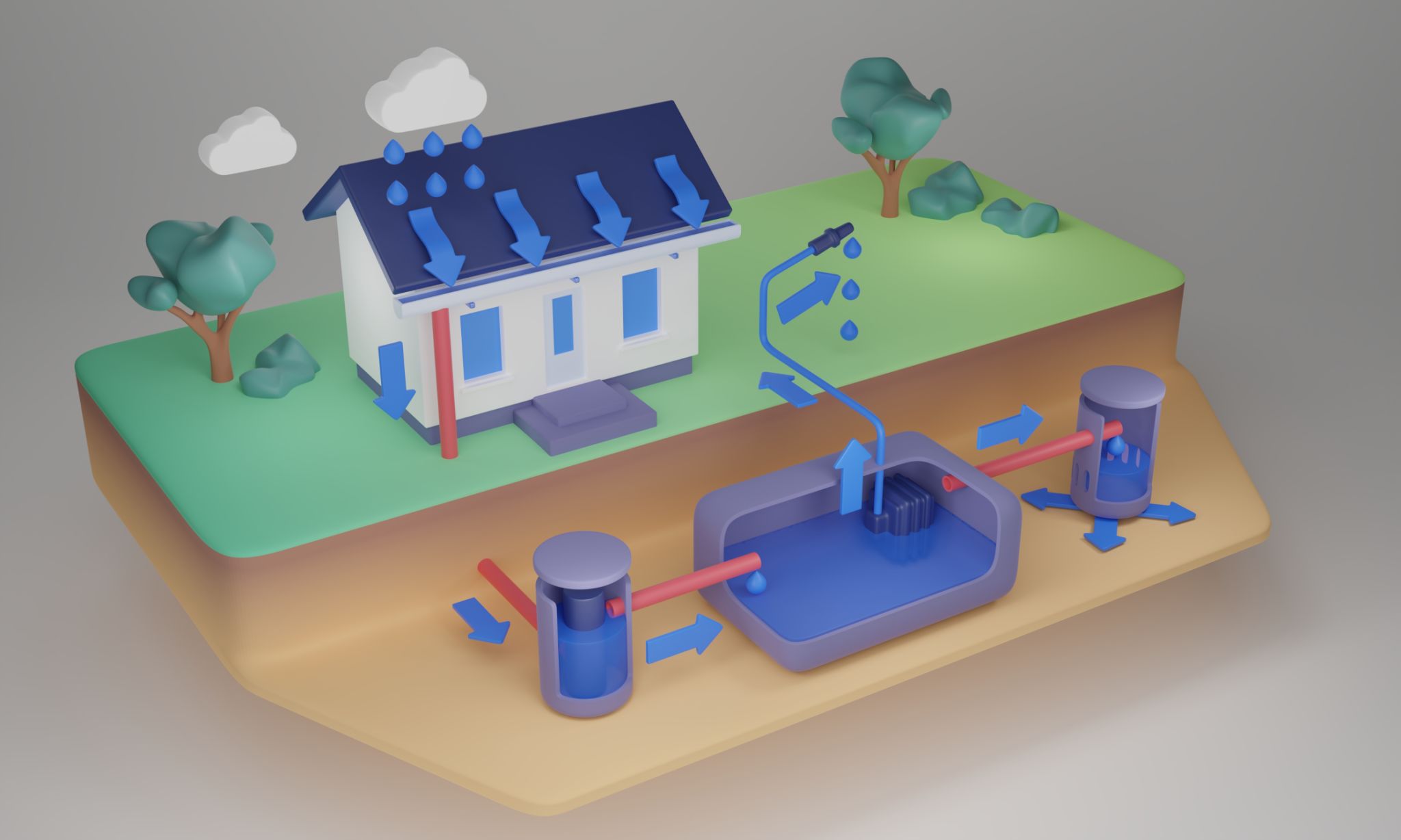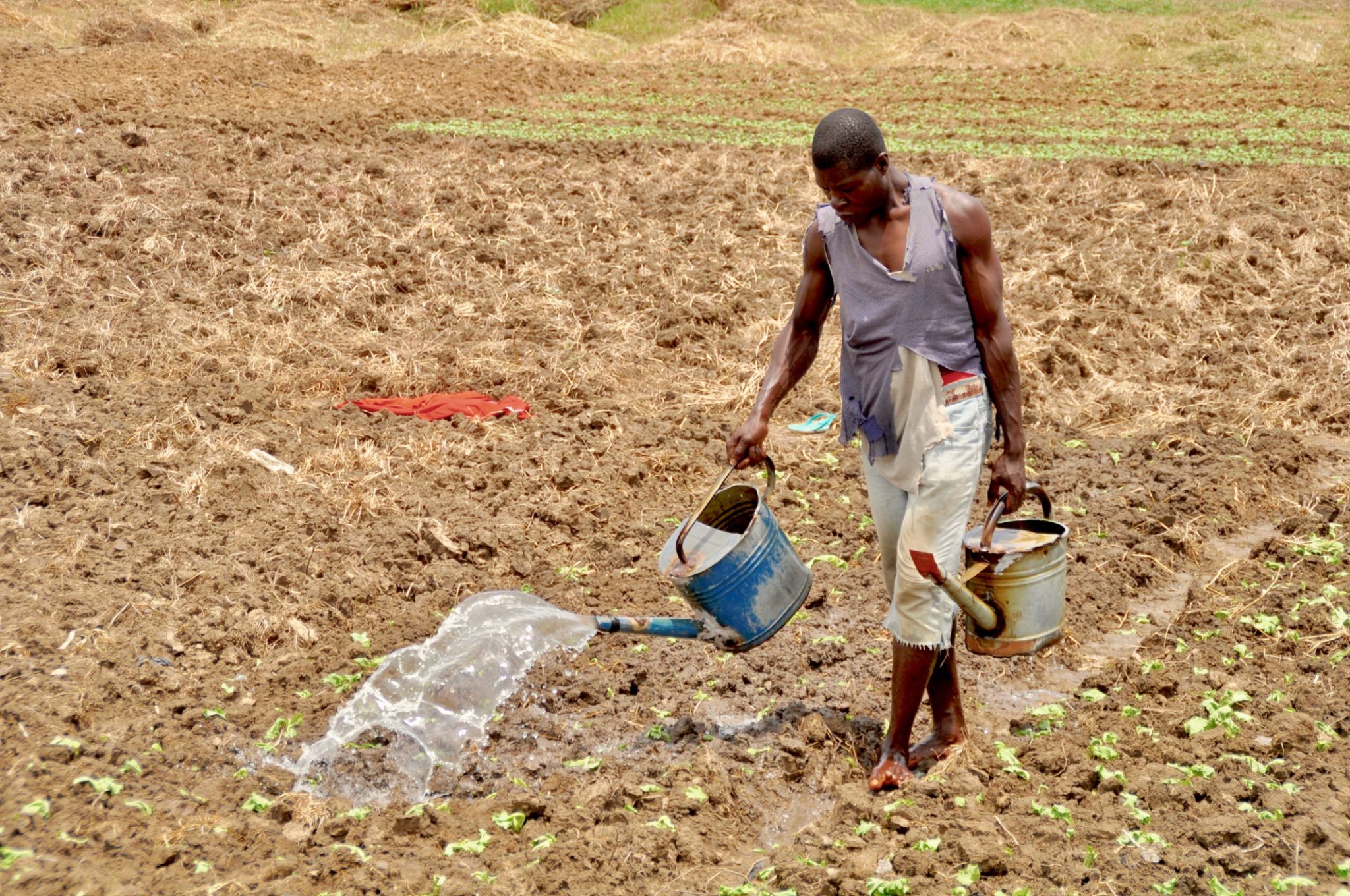Seasonal Farming in Ghana: Preparing for the Rainy Season
Understanding the Importance of the Rainy Season
In Ghana, the rainy season is a critical period for farmers, as it brings much-needed water to nourish crops and ensure a bountiful harvest. Preparing for this season is essential for maximizing agricultural productivity and sustainability. Farmers must be strategic in their planning to take full advantage of the rain's benefits while mitigating any potential risks associated with excessive rainfall.
The rainy season typically begins in April and can last until October, varying slightly depending on the region. Understanding the patterns and timing of the rains allows farmers to plan their planting schedules effectively, ensuring crops are sown at the optimal time for growth.

Pre-Season Preparations
Before the rains arrive, farmers engage in several preparatory activities to ensure their fields are ready. This includes clearing and tilling the land, which helps remove weeds and aerates the soil, making it more receptive to water. Additionally, farmers often apply organic or inorganic fertilizers to enrich the soil with essential nutrients.
Choosing the right crops is another crucial aspect of preparation. Farmers must select crop varieties that are well-suited to the upcoming weather conditions and have a good track record of thriving during the rainy season. Common crops grown during this period include maize, rice, and various vegetables.

Water Management Strategies
While rain is a significant source of water for crops, effective water management is crucial to prevent issues such as soil erosion and waterlogging. Farmers often implement strategies like constructing drainage systems to control water flow and prevent damage to crops.
Rainwater harvesting techniques are also employed to collect and store rainwater for use during drier periods. This not only ensures a consistent water supply but also helps maintain soil moisture levels, promoting healthy crop growth throughout the season.

Pest and Disease Control
The rainy season can bring about an increase in pests and diseases that threaten crop yields. Farmers need to be vigilant in monitoring their fields and implementing control measures. Integrated Pest Management (IPM) practices are highly recommended, as they combine biological, cultural, and chemical methods to manage pest populations sustainably.
Regular scouting of fields helps identify early signs of pest infestations or disease outbreaks, enabling timely interventions. Farmers may also use environmentally friendly pesticides to protect their crops without harming beneficial organisms or the surrounding ecosystem.
Community Collaboration and Knowledge Sharing
Collaboration among farmers and agricultural experts is vital during the rainy season. By sharing knowledge and resources, farmers can learn from each other's experiences and adopt best practices that enhance productivity. Community meetings, workshops, and agricultural extension services provide platforms for exchanging ideas and addressing common challenges.
Additionally, technology plays a significant role in modern farming. Access to weather forecasts and mobile applications that offer agricultural advice can empower farmers with the information needed to make informed decisions during the rainy season.

Post-Season Evaluation
Once the rainy season concludes, it is essential for farmers to evaluate the outcomes of their efforts. This involves assessing crop yields, reviewing any challenges faced, and identifying areas for improvement. Such evaluations help farmers refine their strategies for future planting seasons and contribute to long-term agricultural success.
Overall, preparing for the rainy season in Ghana requires a comprehensive approach that includes strategic planning, effective resource management, and community collaboration. By taking these steps, farmers can enhance their resilience against climate variability and ensure sustainable agricultural practices that support their livelihoods.
